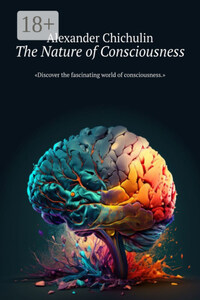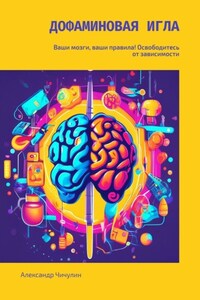Defining consciousness is a complex and ongoing philosophical and scientific endeavor. However, in general, consciousness refers to subjective experience or awareness, including perception, thought, feeling, and volition. It is the state of being aware of and able to think and perceive one’s surroundings, thoughts, and emotions. Consciousness is often described as the «stream of consciousness,» which encompasses all of our experiences, thoughts, and sensations at any given moment. It is a multi-dimensional and multifaceted concept that has been the subject of intense study and debate in various fields, including philosophy, psychology, neuroscience, and cognitive science.
– Historical perspectives on consciousness
The study of consciousness has a rich and complex history that dates back to ancient civilizations, where philosophers and religious leaders pondered the nature of subjective experience. Some of the significant historical perspectives on consciousness include:
1. Ancient Philosophical Views: Ancient Greek philosophers, such as Plato and Aristotle, discussed the nature of consciousness and its relationship to the soul. They believed that consciousness was a manifestation of the soul, and that the soul was immortal.
2. Descartes’ Dualism: In the 17th century, the French philosopher René Descartes proposed a dualistic theory of consciousness, which posited that the mind and body are separate entities. According to Descartes, the mind is non-physical and can exist independently of the body.
3. Behaviorism: In the early 20th century, behaviorism emerged as a dominant perspective in psychology. Behaviorists, such as B.F. Skinner, believed that consciousness was irrelevant to the study of behavior, and that all behavior could be explained by environmental factors.
4. Cognitive Revolution: In the 1950s and 1960s, a cognitive revolution occurred, which shifted the focus of psychology to the study of mental processes, including consciousness. This led to the development of cognitive psychology, which sought to understand how people process information, solve problems, and make decisions.
5. Contemporary Perspectives: Today, there are many different perspectives on consciousness, including materialism, panpsychism, and integrated information theory. These theories seek to understand the neural and philosophical underpinnings of subjective experience, and they continue to shape our understanding of consciousness.














